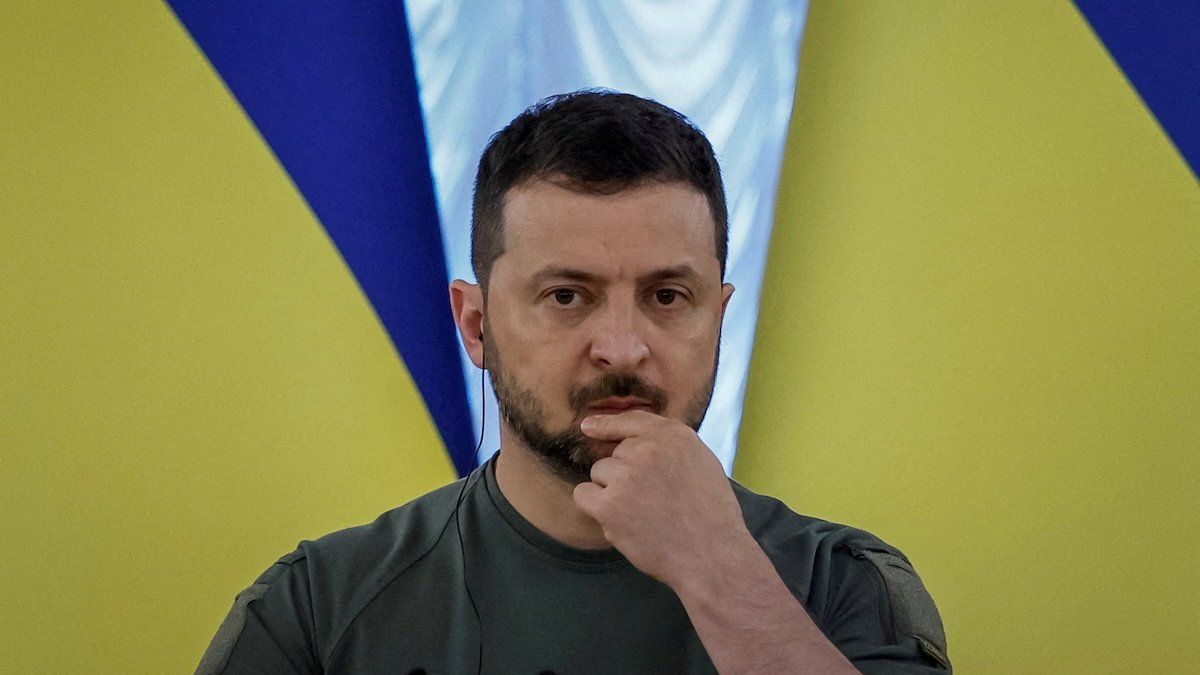With the frontlines stuck, and its conventional munitions dwindling, Kyiv is looking to expand its reach against Russian interests – both near and far.
Ukraine’s army is now working with private companies to boost the production of a new class of kamikaze drones that can fly up to 1,000km (621 miles) – far enough to hit Moscow and St. Petersburg.
That’s in addition to President Volodymyr Zelensky’s pledge to build millions more “First Person View” drones – consumer models adapted with explosives – which have helped Ukraine to even the playing field against a larger enemy.
The drones expand Kyiv’s menu of options, says Alex Brideau of Eurasia Group. “They could attempt to hit Russian export facilities for oil and grain in an attempt to choke off revenues that support the war effort.” In recent days, Ukraine has done just that.
Meanwhile, Ukraine is also taking its fight against Russia to ... Sudan? Ukrainian forces are reportedly helping the Sudanese army in its civil war against the paramilitary Rapid Support Forces, which are allegedly backed by Wagner Group.
That certainly sends a strong “we’ll fight you everywhere” message – but it’s not clear how much it helps with Kyiv’s core issues: entrenched front lines and uncertainty about US aid.
